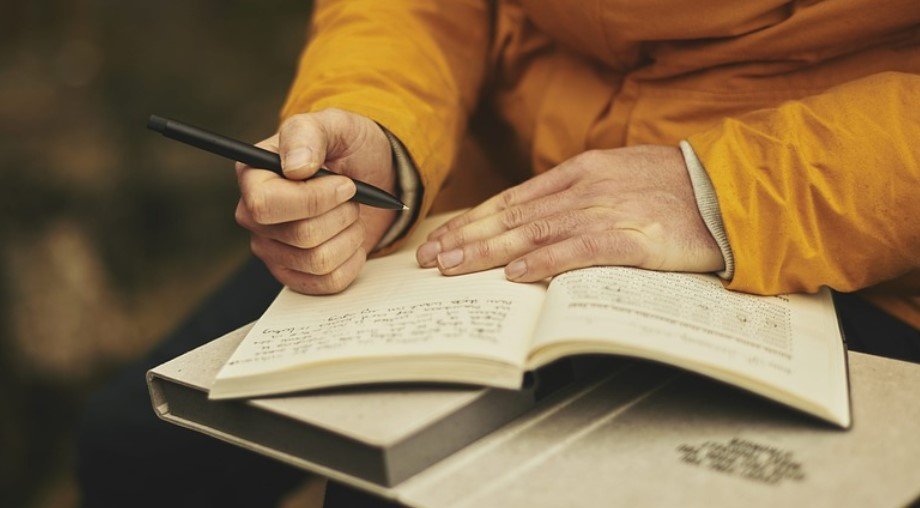The article on Free Legal Services and Challenges in Its Practical Implementation is written by Harmanjeet Kaur studying in her 2nd year, 4th sem, BA.LLB.
There are many views on what law is and what its purposes of the same but no matter which jurist throws light on it, there is always one constant and main purpose of the law which is to provide justice. India being a democratic nation shares the same aim. India is a nation where the majority of the people living are underprivileged and many of them fall Below the Poverty Line (BPL). For poor people, it gets burdensome and challenging to go to court and fight for their rights which deprives them of justice.
As our constitution provides us with the Right to Equality as our fundamental right, which means every person is equal but such disparities in society show something else. As a result, to remove this obstacle, our legislature enacted the Legal Services Authorities Act, of 1987. This Act was enacted to provide free legal aid services to those who could not fight for their rights and avail justice due to their financial condition.[1]
Table of Contents
What is Free Legal Aid?
Free Legal Aid means providing free legal services to those people who are poor and are unable to afford legal services due to their financial conditions. Under this, a person can get free legal services in both criminal as well as civil matters no matter if the case is before the tribunal, subordinate courts or any other judicial authority.
History of Free Legal Services
It was in France in 1851 when statutes were enacted to provide free legal services to the poor section of society. Later, in 1944 in Britain, free legal aid was extended to the underprivileged section of society.
In India, it was under the 14th Law Commission when the right to free legal aid was proposed and highlighted. Later again in 1969 emphasis was laid on this by the law commission to make it accessible before courts of the session in all trials.[2]
Practical Implementation of Right to Free Legal Aid
The right to free legal aid is our fundamental right under Article 21 which is the Right to life and liberty. It is also a DPSP under article 39A which lays a duty on the state to provide free legal assistance to the needy section of society. In the case Hussainara Khatoon vs State of Bihar 1979,[3] it was decided that the right to free legal services is the fundamental right under Article 21 and is essential to ensure obstacle-free procedure to avail justice.
As it is clear from the above there are several legal provisions to make sure that people can freely approach courts to get justice. But enacting laws is not enough, rather implementation is much more important to fulfil the actual purpose of the law. Despite the authorities and enforceability behind it, there is a room for improvement. In India, we can see that people still accept injustice rather than approach courts due to their financial condition as they are unable to afford lawyers to fight for their rights. It is one of the reasons for the pendency of piles of cases in Indian courts because people are not able to defend themselves.
The Importance of Legal Ethics in the Legal Profession
There are several issues faced in the practical implementation of these provisions. As these provisions have been enacted for the people who are poor and not able to meet the expenses required for the trial, they are mostly illiterate and hardly know about their rights. People do not know that they have such a right to free legal aid and nobody in court even bothers to convey their rights. Nowadays, almost all advocates are interested in their fees only and they do not wish to provide this free aid to anyone.
Lok Adalats which have been established to ease the justice-seeking process are not given as much power as civil courts. There are very less people who know about these Lok Adalats.
Suggestions
- NGOs should create awareness among people about their rights.
- There should be legal camps and programs to make people aware of free legal aid services and how to avail of them.
- Advocates should be given a good amount of money so that they can actively and voluntarily help needy people[4]
Conclusion
It is a great initiative by a highly populated country like India where the majority of the people are poor to give such free legal aid services. We should be proud of it. Because if implemented rightly it can remove the crimes from society because people will easily go to court and get justice which in turn will act as a warning to those people who think their crimes will go unnoticed and victims will quietly accept injustice. Government should work more efficiently to implement these provisions for the betterment and development of the people.
[1] Deeksha, Free Legal Aid, LEGO DESK, ( Mar 29, 2023, 8:17 PM), https://legodesk.com/legopedia/free-legal-aid/
[2] ibid
[3] Hussainara Khatoon & ors vs Home Secretary, State of Bihar, 1979 AIR 1369
[4] Beejal Ahuja, Challenges and Solutions to free legal aid, iPleaders, ( Mar 30, 2023, 7: 26 PM), https://blog.ipleaders.in/challanges-solutions-free-legal-aid/
